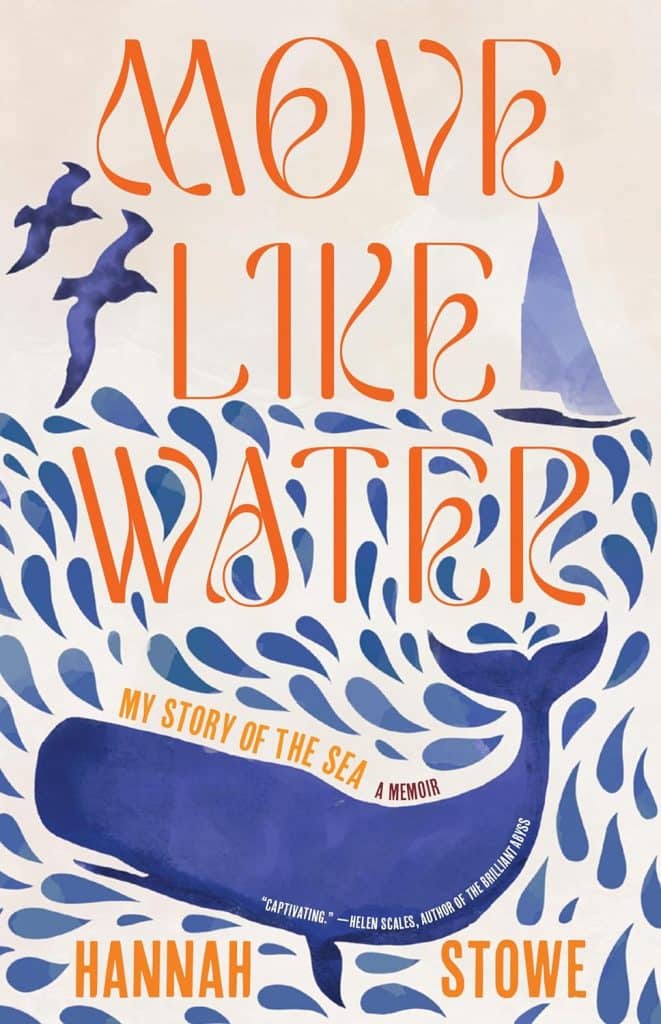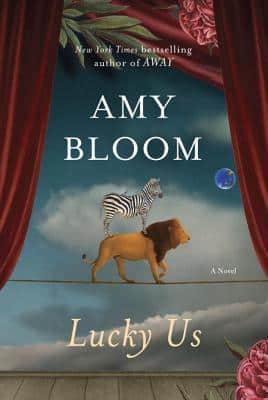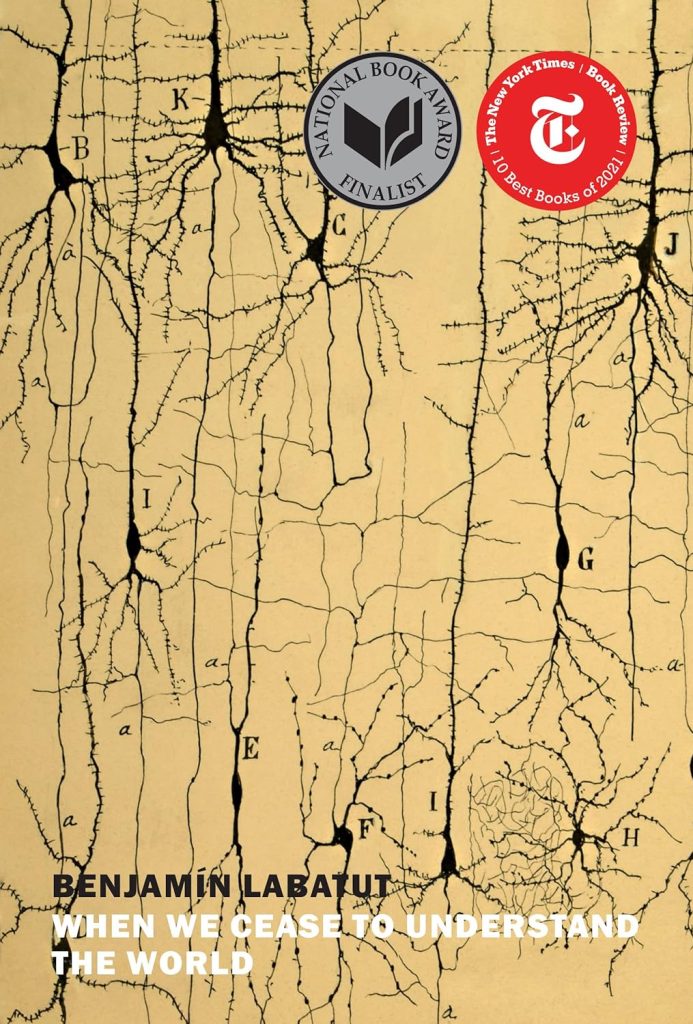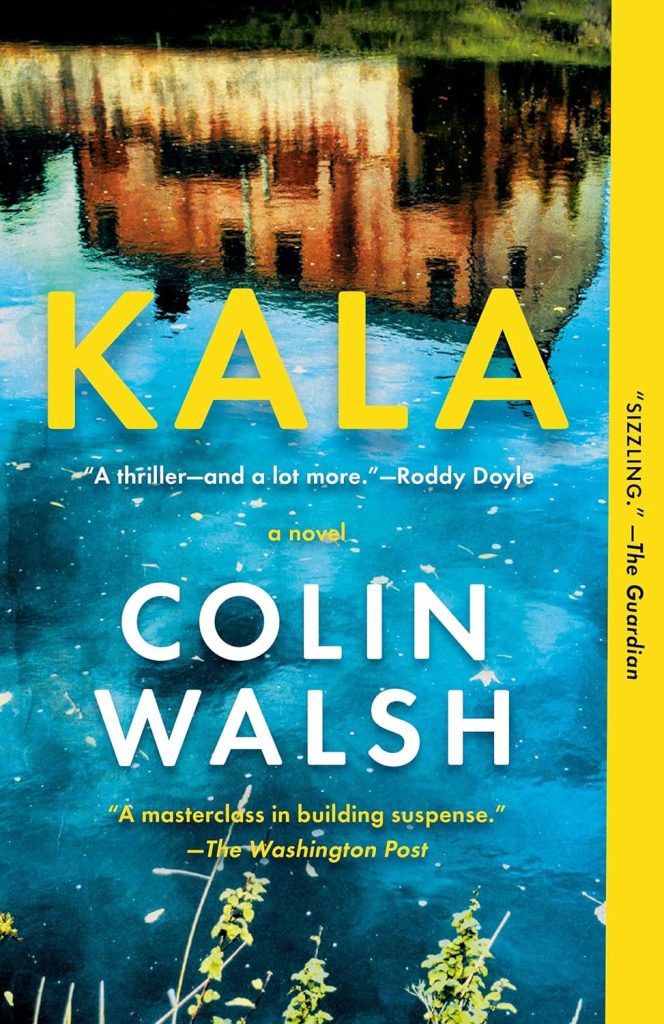Giving Thanks to Jan
Estimated reading time: 11 minutes, 16 seconds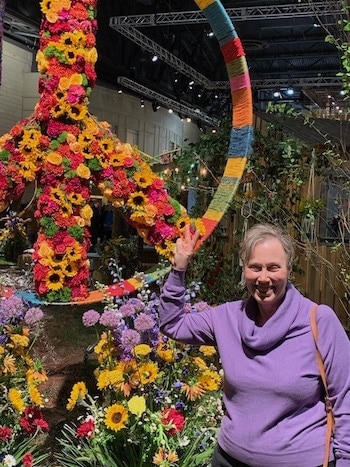
Waiting for Jan
The subway trains were running slower than usual, and then it dawned on me that it was a holiday. It was 7:45 pm when I got off of the A train in Inwood; Jan had said she didn’t expect to be home until after nine. I walked the empty streets and was surprised by the open fruit and vegetable store. I wandered the aisles aimlessly, squeezing the avocados and polishing the apples.
Feeling that the staff was not happy with me hanging out and not purchasing anything, I left and walked to 204th and then back to 207th. After every two round trips, I would stop in the store again.
After dozens of these trips, I looked at my watch, and it was almost ten pm. The walking was less enjoyable between the cold air and a full bladder. I had gotten to 207th and turned around to see Jan’s parents’ car driving down Broadway.
I wanted to go and open her door and kiss her. But I knew that was not what she had instructed me to do. Instead, I turned into the entrance and waited for her. When I saw her smiling face, it warmed up the cold, damp feeling in my bones. I kissed her and gave her a big warm hug. I took the bag, and we walked hand in hand to her apartment.
I have food if you are hungry,” she said as she smiled at me on the stairwell. It was almost after 10 pm, and I would have been hungry hours ago, but now I was just happy to see her.
When we entered the apartment, I took the package into the kitchen and helped her get out of her coat. I took off my jacket and told her I needed to go to the bathroom.
When I returned, she had made me a Turkey sandwich, and I thanked her and sat down to eat. She stood up and walked around the kitchen.
“Are you OK?” I asked her.
“My lower back hurts. Probably too much sitting,” Jan stated.
I almost said it might have been a stressful day but chose not to mention that.
Instead, I got up and hugged her and started rubbing her lower back.
That feels good,” she said in a very sexy voice.
“I can do more of that if you like?”
Jan responded that a massage would be better in bed.
We wrapped up my unfinished sandwich and walked toward the bedroom.
While in the bathroom, I set up the clock radio her parents had given her. I was pleased to discover that we liked the same radio stations.
When she returned, she was wearing only her nightgown. I rose from the bed so she could lie down.
I began to rub her back softly at first and then more firmly.
“You are good at this,” she said with a sigh of relief.
I explained I had never given anyone a massage. Jan said she found that difficult to believe.
“Well, I did massage the avocados and rubbed the apples while I was waiting for you. Plus, I tried to think about how I would like someone to massage my back if I were in pain.”
She turned over and lifted herself into the bed.
If that is the case,” she said, “I know other parts of my body that could enjoy what you did to the avocados and apples.
She pulled off her nightgown as she smiled and winked at me.
After almost 48 years, I recently lost my wife, Jan Lilien. Like The Little Prince, Jan and I believed that “The most beautiful things in the world cannot be seen or touched, they are felt with the heart.” This blog is a collection of my random thoughts on love, grief, life, and all things considered.


